As math teachers, one of our primary responsibilities is to ensure that our students not only learn but also understand and retain mathematical concepts. To achieve this, effective assessment strategies are crucial. Traditional tests and quizzes have their place, but today’s dynamic educational landscape demands innovative approaches to gauge students’ math knowledge.
Table of content
- Part 1: 6 creative math knowledge assessment ideas for math teachers
- Part 2: OnlineExamMaker: Powerful Online Math Assessment Platform for Teachers
- Part 3: How to Make an Online Math Assessment with OnlineExamMaker
6 creative math knowledge assessment ideas for math teachers that can breathe new life
Idea 1: Gamified Quizzes
The mere mention of the word “quiz” can often evoke groans from students. However, gamified quizzes are a game-changer in the world of math assessment. These quizzes introduce an element of competition and fun, making the assessment process engaging and enjoyable.
Gamified quizzes can take various forms, from online platforms that offer leaderboards and rewards to classroom activities that turn the assessment into a friendly competition. Benefits of using gamification in assessment include increased motivation, active participation, and a sense of achievement among students.
For example, platforms like Kahoot! and Quizlet allow teachers to create interactive quizzes with a competitive edge. Students can compete against each other or against the clock, all while reinforcing their math knowledge in an exciting way.
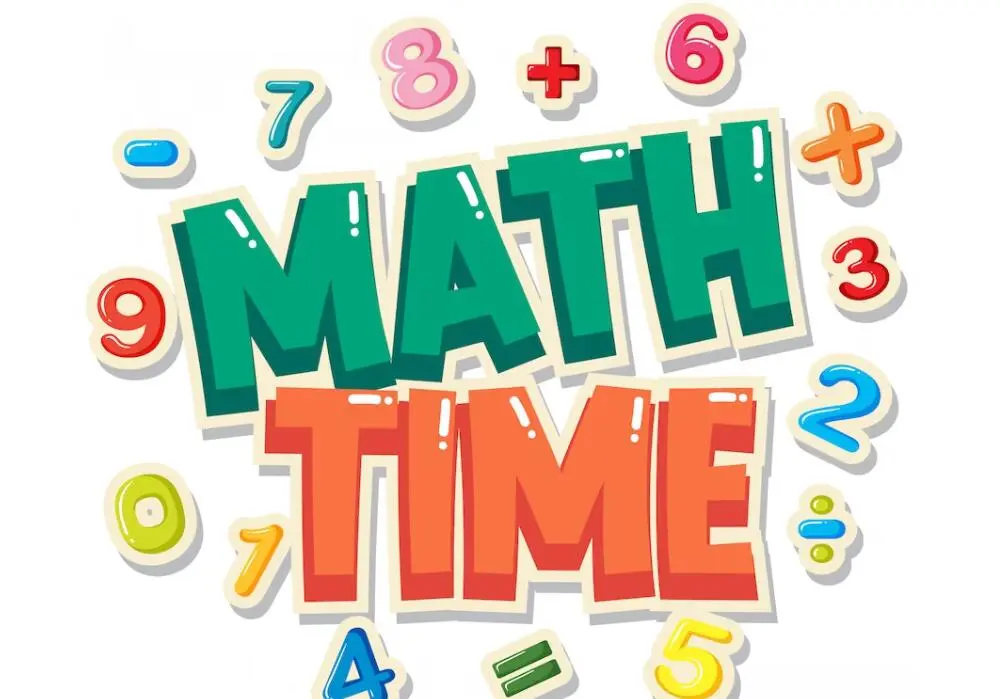
Idea 2: Real-World Problem Solving
Mathematics is not just about solving equations in isolation; it’s about applying those skills to real-world scenarios. Incorporating real-world problem-solving into assessments not only tests math proficiency but also helps students understand the practical relevance of math in their lives.
To implement this idea, math teachers can present students with complex, authentic problems that require mathematical analysis and critical thinking. These problems could relate to budgeting, data analysis, or even architectural design, depending on the grade level and curriculum.
The key here is to encourage students to approach these problems systematically, just as they would in real-life situations. By doing so, they develop problem-solving skills that transcend the classroom and gain a deeper appreciation for the subject.
Idea 3: Peer Assessment and Collaboration
Peer assessment is a valuable tool that not only assesses students’ math knowledge but also fosters a sense of responsibility and teamwork. It involves students evaluating the work of their peers and providing constructive feedback.
To implement peer assessment effectively, math teachers can design activities where students work in pairs or groups to solve math problems. Once the task is completed, each student assesses their peers’ work based on predetermined criteria. This approach not only assesses math skills but also promotes critical thinking and communication skills.
Furthermore, peer assessment allows students to see different approaches to problem-solving and learn from each other’s strengths and weaknesses. It encourages a collaborative learning environment and builds students’ confidence in their math abilities.
Pro Tip
Want to assess your students online? Create an online math assessment for free!
Idea 4: Digital Math Portfolios
Digital math portfolios are a modern way to track students’ mathematical progress over time. These portfolios provide a comprehensive view of each student’s journey in mastering mathematical concepts and skills.
Math teachers can create digital math portfolios by having students document their work, reflections, and achievements throughout the year. This might include photographs of completed assignments, digital recordings of presentations, or even video explanations of complex math problems.
The advantages of digital math portfolios are manifold. They allow students to take ownership of their learning, track their growth, and reflect on their strengths and areas for improvement. Portfolios also provide a more holistic view of a student’s mathematical abilities beyond what traditional tests can capture.
Idea 5: Math Escape Rooms
Escape rooms have gained popularity as a form of entertainment, but they can also serve as a fantastic math knowledge assessment tool. Math escape rooms combine elements of teamwork, critical thinking, and problem-solving with math challenges.
Math teachers can design escape room scenarios that require students to solve a series of math problems to “escape” from a virtual or physical room. These challenges can cover various math topics, from algebraic equations to geometry puzzles.
By participating in math escape rooms, students are not only assessed on their mathematical skills but also on their ability to collaborate, think under pressure, and persevere through challenges. This approach injects excitement into the assessment process while reinforcing essential math concepts.

Idea 6: Formative Assessment Techniques
Formative assessment techniques are ongoing methods that help teachers gauge student understanding during instruction. While these methods may not replace traditional tests and quizzes, they provide valuable insights into student progress and enable teachers to adjust their teaching strategies in real time.
Examples of formative assessment techniques include exit tickets, concept maps, think-pair-share activities, and one-minute papers. These techniques encourage students to reflect on their learning, ask questions, and share their understanding with their peers and teachers.
Formative assessment empowers math teachers to identify areas where students may be struggling and address those issues promptly. It also promotes a more interactive and student-centered learning environment, which can lead to deeper comprehension and retention of math concepts.
OnlineExamMaker: Powerful Online Math Assessment Platform for Teachers
OnlineExamMaker gives you everything you need to create interactive online math quizzes to assess students and learners. The online exam platform offers options for adding multimedia elements, such as images and videos, to enhance the quiz-taking experience.
Key Features
Add Questions: Import a series of questions from your question bank and add them to an exam when you are preparing an exam. Exam organizers are allowed to filter question via category, tags.
Certification: Create certificates with personalized company logo, certificate title, description, date, candidate’s name, marks and signature.
Automated Grading: The assments are automatically graded with the results instantly, so that teachers can save time and effort in grading.
Create Your Next Quiz/Exam with OnlineExamMaker
How to Make an Online Math Assessment with OnlineExamMaker
Step 1: Login to OnlineExamMaker platform >
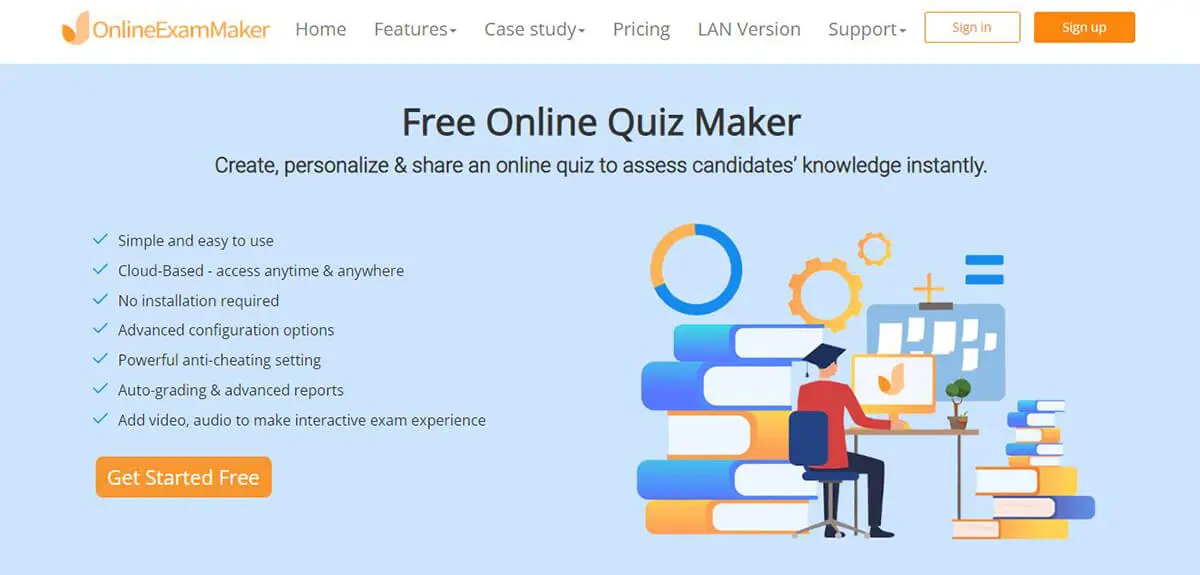
Step 2: Click on “+ New exam” button to create a quiz, then fill quiz information.
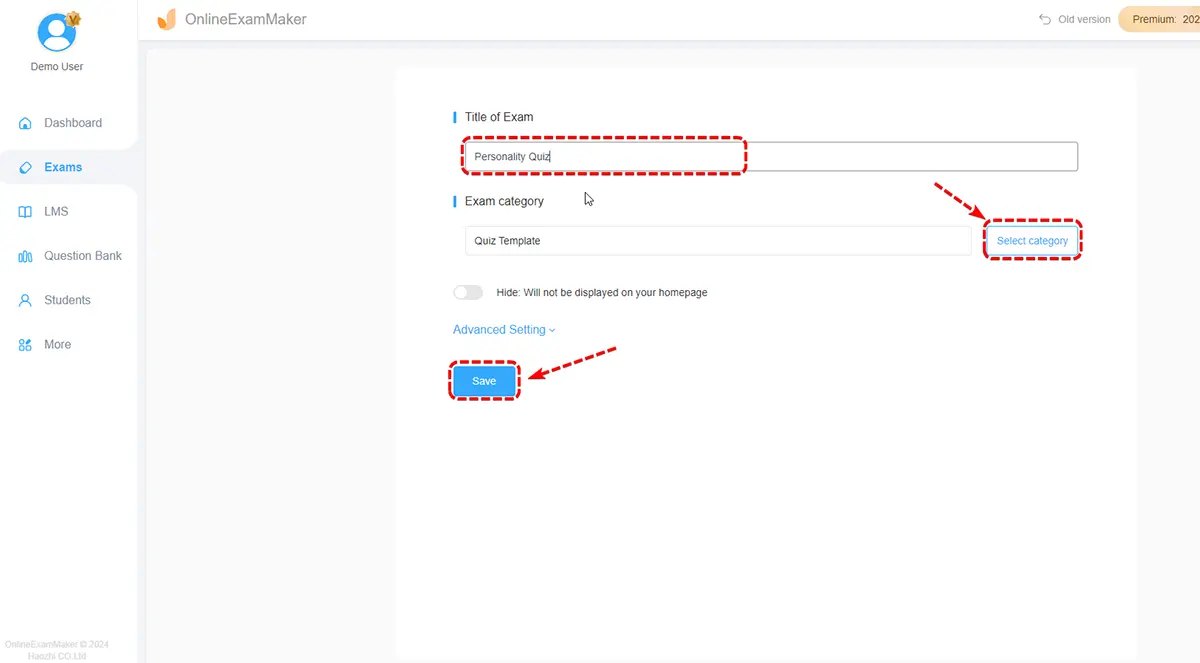
Step 3: Add questions from question bank, then configure assessment settings.
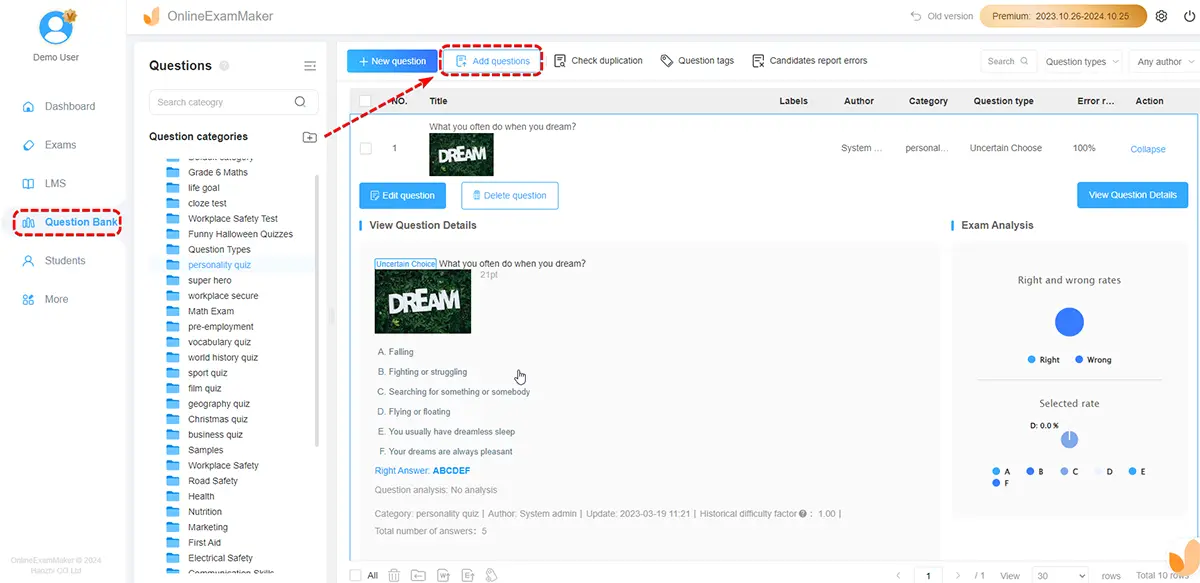
Step 4: Once you’ve set up all aspects of your quiz, ensure you save all changes. Your assessment is now ready to be taken!
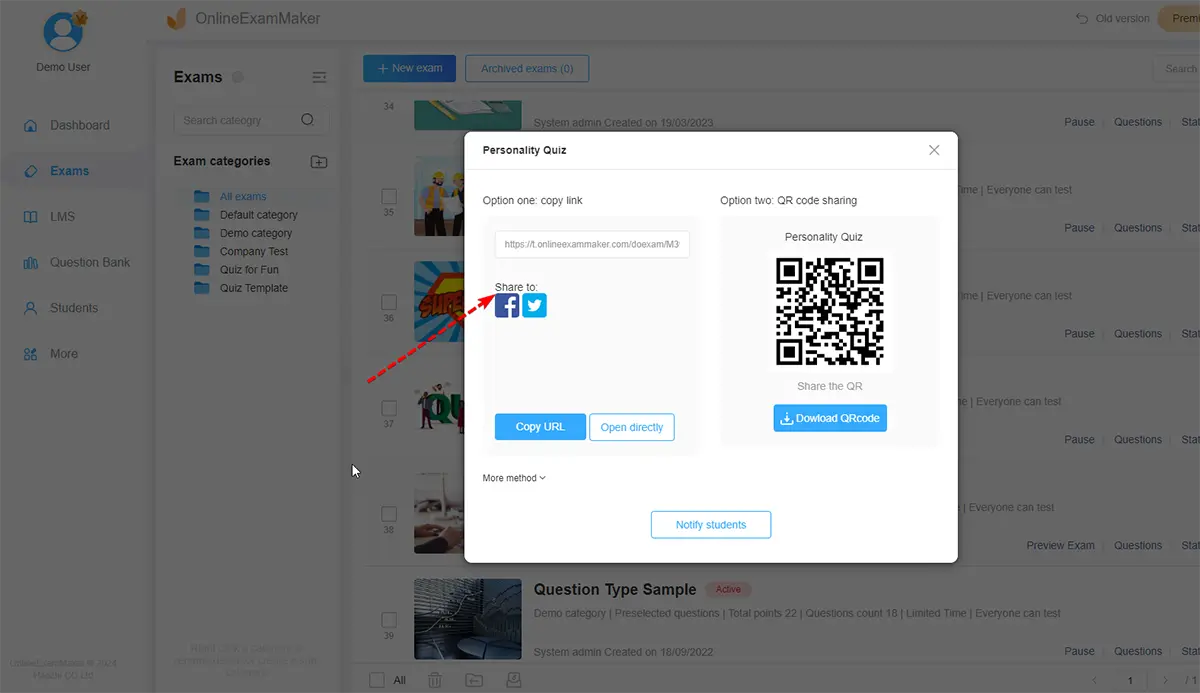
Conclusion
Incorporating innovative math knowledge assessment ideas into your teaching repertoire can reinvigorate your classroom and foster a deeper understanding of mathematics among your students. Whether through gamified quizzes, real-world problem-solving, peer assessment, digital math portfolios, math escape rooms, or formative assessment techniques, these methods encourage active engagement, critical thinking, and collaboration.
As math teachers, our goal is not just to measure our students’ knowledge but to cultivate their mathematical curiosity and proficiency. By exploring and implementing these creative assessment ideas, you can play a pivotal role in helping your students embrace the beauty and practicality of mathematics while preparing them for a lifetime of mathematical success.